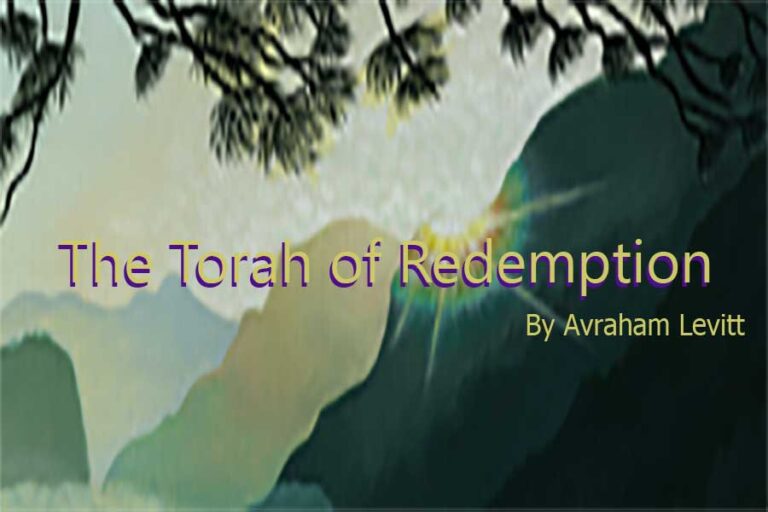Chapter 4 of Pirkei Avot begins with the well-known statements by Ben Zoma regarding who is wise, wealthy, and respectable. Rav Chaim Volozhin, in his commentary on Pirkei Avot called Ruach Chaim, emphasizes the importance of humility in the wise and teachers of Torah. He highlights the rabbinic belief that wisdom is bestowed upon those who are already wise (Berachot 55a) and stems from awe of Hashem as the foundation of wisdom (Mishlei 9:10).
Râ Chaim stresses the need for humility when performing mitzvot, constantly questioning one’s worthiness and refraining from pride or superiority based on religious deeds or knowledge attained. True wisdom, he argues, comes from recognizing Hashem’s teachings in all interactions and learning from everyone without arrogance.
Quoting Tehillim 119:99, Râ Chaim explains that Torah is self-teaching, and true students approach learning with humility, as exemplified by Moshe Rabbeinu’s reluctance to accept his mission due to feelings of unworthiness. The truly wise avoid seeking personal honor or praise for fulfilling their duty.
Râ Chaim warns of the yetzer hara that challenges Torah scholars, particularly teachers, as they are susceptible to receiving undue honor. He references the prayer of Mar, son of Ravina, to remain humble and open to Torah, fearing that arrogance may hinder learning.
Ultimately, the pursuit of wisdom requires constant humility and a willingness to learn from all, as pride and self-importance hinder true understanding. By remaining humble and open-hearted, individuals can continue to grow in wisdom without falling into the trap of arrogance.


